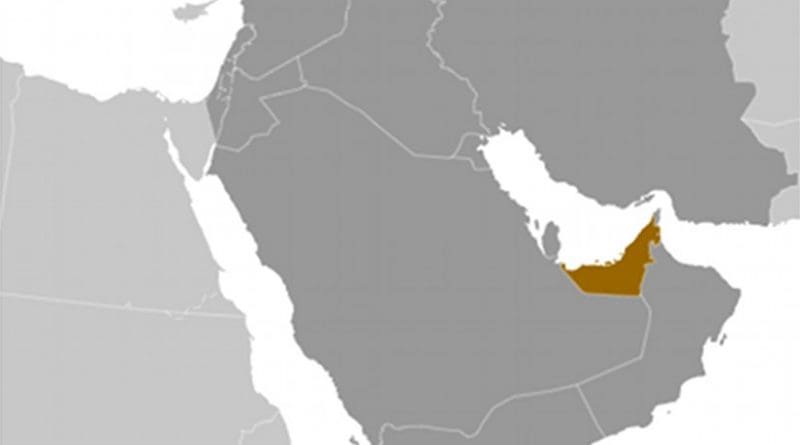United Arab Emirates: Adapting To Change – OpEd
By Arab News
By Rasheed Abou-Alsamh*
The announcement on Feb. 24 by the United Arab Emirates that it will be introducing a value-added tax (VAT) of 5 percent on goods and services from Jan. 1, 2018, was widely expected and set the ball rolling for other Gulf Cooperation Council (GCC) members to follow suit.
With oil prices at rock-bottom levels — Brent crude was recently at $33.03 a barrel — the GCC countries had agreed to introduce a tax on the added value of goods and services by 2018. This is revolutionary for a region that has never had this kind of tax, and that to this day has no income tax. This lack of an income tax has always made the Gulf countries very attractive to foreign workers who can go to work for a few years in Saudi Arabia or the UAE and accumulate a good amount of money without paying tax, neither here nor in their home countries.
The rulers also gave generous subsidies to their people, which allowed them to have a good standard of living. Free education through university, medical care for free, and low electricity, water and gasoline prices were all perks that our people enjoyed. But with this economic crisis that began last year, triggered by the rapid fall in oil prices, the governments of the GCC have had to cut spending and find new sources of revenue.
The Saudi government has increased the price of gasoline at the pump by 60 percent, and increased electricity and water tariffs as well. But even with these cuts in spending and increases in prices, Gulf governments have seen that these will not be enough to make up for the shortfall in their fiscal budgets. Even with the cutting or deferring of some of the big projects in their budgets, many Gulf governments are still in the red. That is why the introduction of a VAT on goods and services is seen as so important.
According to the Emirati political commentator, Sultan Al-Qassemi, “The collapse of several Arab countries and the emergence of Daesh have fueled a sense of urgency within the GCC to isolate their countries from the chaos around them…”
“There is no plan to impose an income tax on individuals,” said the UAE Finance Minister Obaid Humaid Al-Tayer in December 2015. “We did a study to introduce fees on foreign workers’ money remittances in the United Arab Emirates, but no decision has been made yet as we need to study the size of these remittances.”
The International Monetary Fund has advised Gulf governments to introduce a modern system of tax collection. They see it as part of a package of fiscal measures including increasing domestic energy prices, containing recurrent expenditures such as salaries of public workers, and improving the efficiency of public sector investments. In a study presented at a summit of GCC finance ministers in Doha, Qatar, in November 2015, the IMF stressed the benefits that a consumption tax of 3 to 5 percent would bring to the countries involved. The Fund noted that oil revenues accounted for 70-95 percent of total revenues of the six GCC countries from 2011 to 2014. Therefore, it recommended that these governments increase their non-oil revenues, pointing to this VAT as a good means to achieve this.
The study notes that some Gulf states already have consumption taxes, such as Bahrain that charges a 5 percent tax on hotel stays, a 12 percent tax on the sale of gasoline, and Oman that charges a 2 percent consumption tax in electricity.
The Saudi and UAE governments have assured their populations that the new consumption tax will not be applied to a basic basket of 150 essential food items, medicines and education in a commendable effort to minimize the negative effects on its poorest citizens.
This new consumption tax will greatly help to balance the fiscal budgets of Gulf governments. The IMF estimated that a well-designed VAT could generate up to 1.5 to 2 percent of Gross Domestic Product (or 2.5 to 3.5 percent of non-oil GDP) in revenues of the GCC even at these relatively low VAT rates.
The IMF admits that at the first introduction of the VAT, inflation of up to 4 percent will be generated, but that with the close monitoring of prices by the governments involved, to curb possible abuses in price increases, the situation would return to normal quickly.
*The writer is a Saudi journalist based in Brazil.

